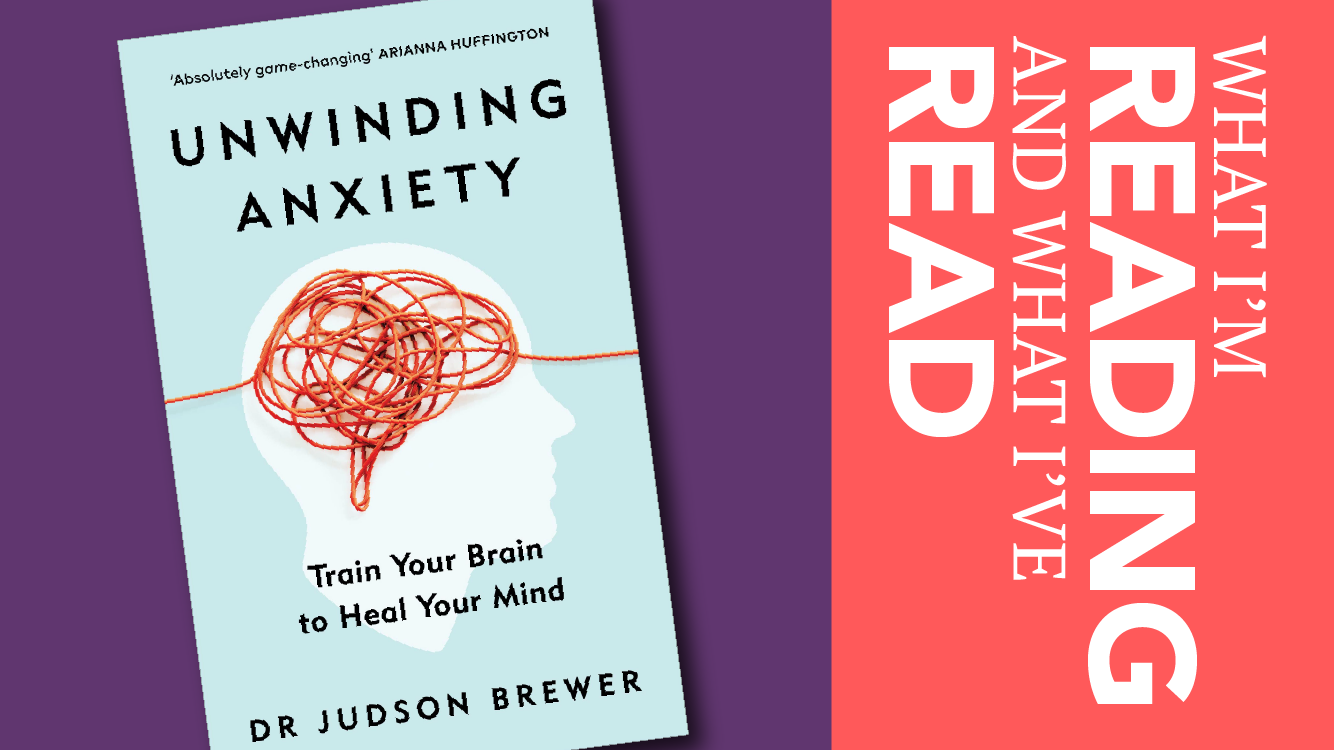
Brazil, one of the nations with coronavirus death rates that rival the United States, attempted to perform official clinical trials gauging hydroxychloroquine as a treatment. However, preliminary findings on their studies, which found that higher doses of hydroxychloroquine led to a higher lethality rate, led to them recommending that the drug not be used as a COVID-19 treatment and halting patient recruitment for their trial.
As a response to the increasing reports of heart problems in patients that were taking the drug, the FDA reminded us, on April 24, that the only instances in which this drug should be used in are within “clinical trials settings or for treating certain hospitalized patients under the EUA”.
But, despite all of these warnings by the global scientific community, President Trump still tried to push hydroxychloroquine, even mentioning on May 19th that he was taking the drug.
Why did the words of the scientific community and the risks to hydroxychloroquine not prevent Donald Trump from taking the drug? We can only speculate, but, objectively, we can say for certain that the president ignored those warnings and acted on his own instinct, for better or for worse.
The Politicization of Hydroxychloroquine
A mere month later, on June 15th, as might have been predictable to anyone that was paying attention, the FDA revoked the Emergency Use Authorization of hydroxychloroquine reporting that “based on the ongoing analysis of the EUA and emerging scientific data, the FDA determined that chloroquine and hydroxychloroquine are unlikely to be effective in treating COVID-19 for the authorized uses in the EUA.”
I would like to note that it was BARDA, the same organization that Dr. Rick Bright headed, that asked for this revocation (which brings even more credibility to Dr. Bright’s initial caution).
Five days after the FDA’s first statement on the National Institute of Health (NIH), the primary institution within the US for biomedical and public health research, stopped their clinical trial of hydroxychloroquine, finding that “the drug was very unlikely to be beneficial to hospitalized patients with COVID-19”.
The FDA, on July 1st, put out an analysis of safety issues due to taking hydroxychloroquine or chloroquine, finding that one third of their patience had “a serious cardiac adverse event” – a result that mirrored several other institutions’ findings in the past.
In other words, two of our foremost public health institutions found that hydroxychloroquine was ineffective at helping COVID-19 and, in the case of the FDA’s studies, found that there was even adverse effects to taking it. Consequently, hydroxychloroquine was not offered to patients.
Yet, the president continued to push hydroxychloroquine. Watch this segment citing his remarks on August 3.









Leave a Comment